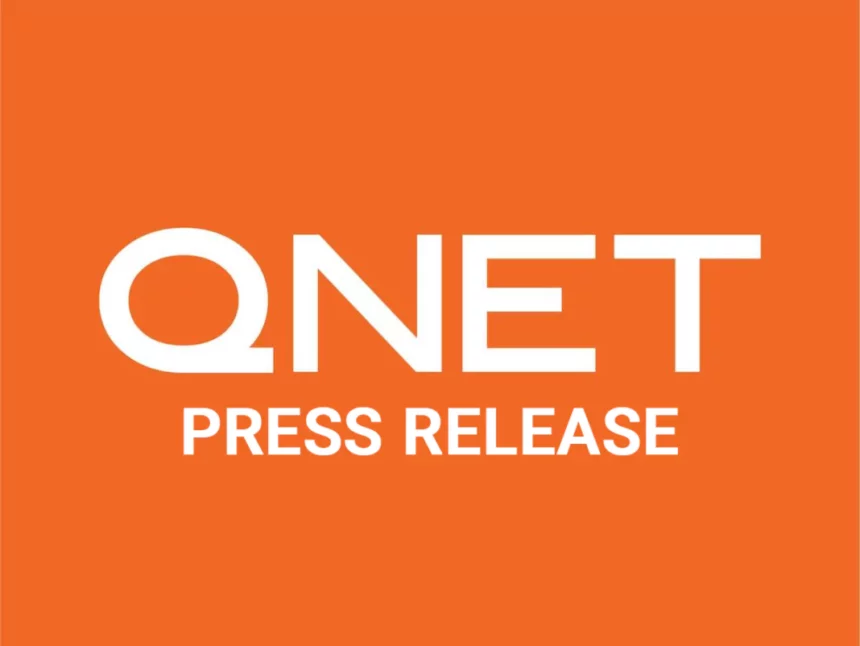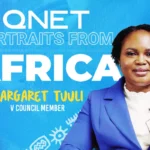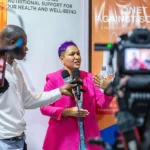As the world celebrates the annual World Day of Social Justice on February 20th, QNET, the prominent direct-selling company, stands proud in its support of the cause. Founded 25th years ago with a mission to empower individuals and promote financial independence, QNET believes that creating opportunities for people to become entrepreneurs is a powerful step towards building a fair and equal society.
Despite progress in Nigeria, social justice remains an elusive concept for many. Poverty and unemployment continue to plague the country, leading to a surge in migration as people search for a better life. However, with effective social justice mechanisms in place, Nigeria could become a land of opportunity for all. A new report by the UK Home Office revealed that Nigeria saw the highest number of migrants to the United Kingdom in 2022, representing a staggering 686% increase from the previous year. By bridging the gap between the wealthy and the poor, QNET hopes to contribute to the fight for social justice and create a brighter future for all Nigerians. “We believe that everyone should have the opportunity to achieve financial independence, regardless of their background or circumstances,” said Biram Fall, Regional Sub-Saharan Africa for QNET. “Our Direct Selling model allows individuals to start their own business with minimal start-up costs, offering high quality products that are internationally certified, and the support of a team of experienced entrepreneurs. This allows them to build a better future for themselves and their families.”
Nigeria faces significant social justice challenges, including a poverty rate of 40%, with rural areas and vulnerable populations, including women and children, disproportionately affected. Women and girls, in particular, encounter significant barriers to education, employment, and political representation. Furthermore, according to UNICEF, as of 2021, over 10 million children in Nigeria do not have access to education, with girls more affected than boys. Furthermore, Nigeria has a large disabled population that encounters various obstacles, including difficulty accessing services and participating in society.
Direct Selling is an avenue that presents potential economic opportunities for Nigerians, particularly individuals who may be underrepresented in traditional employment sectors. Women and people with disabilities, in particular, could benefit significantly from the Direct Selling industry’s flexible nature. One of the primary advantages of Direct Selling is its ability to provide a portfolio of distinctive products and income-generating opportunities to individuals regardless of their educational background or prior work experience. In fact, according to the World Federation of Direct Selling Associations (WFDSA), in its 2020-2021 annual report “Worldwide, more than 125 million entrepreneurs earn income by Direct Selling”. “…Global sales force is at 128.2 million independent representatives/distributors, a 0.7% increase over 2020. This figure includes over 70 million Independent Representatives who are actively working to build their direct selling businesses either as a full-time career or part-time to earn supplemental income” (WFDSA report on DS results in 2021).
By offering a viable alternative to traditional employment, Direct Selling has the potential to foster social justice in Nigeria by creating more economic opportunities for underrepresented groups.
In addition to providing financial stability, Direct Selling also has the potential to reduce poverty and promote economic growth. Direct-selling businesses are operated by individuals working in their communities, providing a source of income for families and small businesses. This helps support local economies and promotes entrepreneurship and self-sufficiency, reducing poverty and improving overall economic well-being.
Finally, Direct Selling can advance social justice by promoting gender equality and diversity in the workforce and marketing efforts. QNET, through RYTHM Foundation (Raise Yourself To Help Mankind) initiative, has been committed to empowering women and providing them with opportunities to advance their careers and achieve financial independence. This not only helps to challenge societal norms and promote gender equality but also provides an essential source of income for women who may otherwise face significant barriers in the traditional employment sector.
Furthermore, as a business focused on developing micro-entrepreneurs, QNET understands that a better future starts with education and inclusion. Through its FinGreen programme, the company strives to increase financial inclusion for individuals by learning the skills, habits, and attitudes to help them make informed financial decisions. As says Mr. Fall “Acquiring financial literacy is not solely about achieving individual financial prosperity, but rather about fostering a more equitable and just society, where all individuals have equal chances to attain financial stability. «The company commits to providing individuals with the training, support, and resources its partners need to be successful. This includes access to a wide range of products, online marketing tools, and educational resources.
Social justice is a critical issue in Nigeria and will require sustained efforts from the government, civil society, and individuals. Direct Selling is a valuable tool for promoting social justice and providing economic opportunities for underrepresented individuals in traditional employment sectors. Whether by providing financial stability, reducing poverty, promoting gender equality and diversity, or promoting environmental sustainability, Direct Selling can play an essential role in advancing social justice and improving the lives of people around the world.






